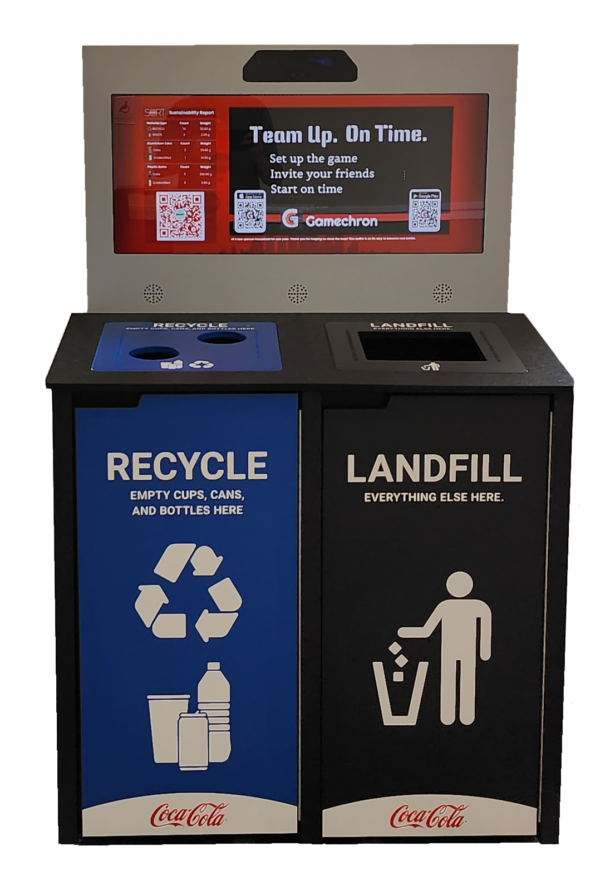Smart sort recycling bins have revolutionized the way we approach waste management, offering advanced technology to streamline the recycling process. However, understanding the factors that affect the cost of these bins is essential in making informed decisions about their implementation. In this blog post, we will break down the price tag of smart sort recycling bins and explore the key factors that impact their cost. By understanding these factors, individuals, businesses, and organizations can better evaluate their options and make wise investments in waste management technology.
The size and capacity of smart sort recycling bins play a significant role in determining their cost. Larger bins with higher capacity are generally more expensive due to the increased materials and technology required for their construction. The size and capacity of the bins should align with the specific needs of the intended environment, whether it’s a residential area, commercial building, or public space. It is crucial to assess the waste generation volume and recycling goals to select the most cost-effective size and capacity of the smart sort bins.
The level of technology integration in smart sort recycling bins is another crucial factor that affects their cost. Advanced features such as sensors, sorting mechanisms, and user-friendly interfaces can significantly enhance the effectiveness of the bins but also contribute to a higher price. The complexity and sophistication of the technology used determine the cost of manufacturing and installing these bins. It is important to strike a balance between the desired technology features and the available budget to ensure cost-effectiveness.
Customization and design options can impact the cost of smart sort recycling bins. Some manufacturers offer customization options, allowing businesses or organizations to incorporate their branding or specific design elements into the bins. While customization adds a personal touch, it often comes at an additional cost. Assessing the importance of customization and design in relation to the overall objectives is crucial to determine the cost implications of these factors.
The cost of maintaining and supporting smart sort recycling bins should not be overlooked. Like any technology, these bins require regular maintenance, software updates, and potential repairs. Manufacturers may offer maintenance and support packages that come with an additional cost. Evaluating the long-term maintenance and support requirements, as well as associated costs, is crucial to ensure the smooth functioning of the bins and avoid unexpected expenses.
The choice of supplier and warranty terms can influence the cost of smart sort recycling bins. Different suppliers may offer varying prices based on factors such as reputation, quality, and customer service. It is important to research and compare multiple suppliers to find the best value for money. Additionally, considering the warranty terms and coverage is crucial to protect against unexpected failures or malfunctions that may require costly repairs or replacements.
Understanding the factors that affect the cost of smart sort recycling bins is key to making informed decisions when investing in waste management technology. The size and capacity of the bins, level of technology integration, customization and design options, maintenance and support requirements, as well as the choice of supplier and warranty terms, all contribute to the overall cost. By carefully evaluating these factors and their alignment with specific needs and budget, individuals, businesses, and organizations can make cost-effective choices that promote efficient waste management and environmental sustainability.




